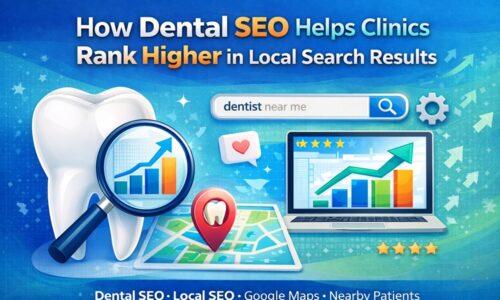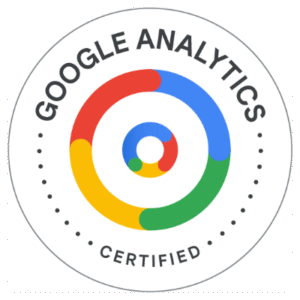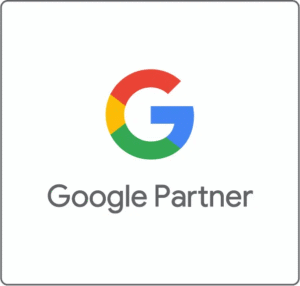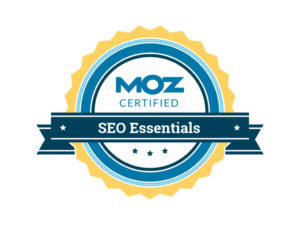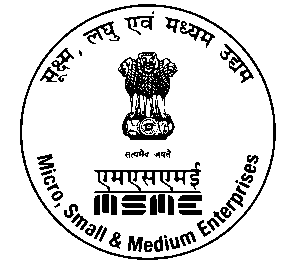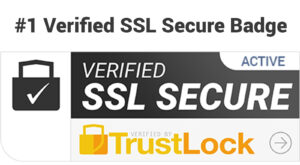In the rapidly evolving landscape of business, traditional marketing methods are being overshadowed by the dynamic and versatile realm of digital marketing. As businesses strive to stay competitive and connect with their target audience, digital marketing has emerged as an indispensable tool. This article explores the myriad benefits of digital marketing and how it has become a game-changer for businesses worldwide.
1. Global Reach and Targeted Audience:
One of the primary advantages of digital marketing is its ability to transcend geographical boundaries and reach a global audience. Unlike traditional marketing channels, which may have limited reach, digital marketing enables businesses to connect with potential customers across the globe. Additionally, it allows for precise targeting, ensuring that the marketing efforts are directed towards the most relevant audience. This level of specificity not only increases the efficiency of campaigns but also enhances the likelihood of conversion.
2. Cost-Effectiveness:
Digital marketing provides a cost-effective alternative to traditional advertising methods. Traditional marketing channels such as TV, radio, and print media often require a substantial budget, making it challenging for small and medium-sized businesses to compete. In contrast, digital marketing offers various budget-friendly options, including social media advertising, email marketing, and content marketing. This affordability levels the playing field, enabling businesses of all sizes to implement effective marketing strategies within their financial constraints.
3. Measurable Results and Analytics:
One of the significant advantages of digital marketing is the ability to track and measure the performance of campaigns in real-time. Unlike traditional methods where results are challenging to quantify, digital marketing platforms provide comprehensive analytics that offer insights into various metrics such as website traffic, conversion rates, and engagement. This data-driven approach empowers businesses to make informed decisions, optimize campaigns, and allocate resources more efficiently, ensuring a higher return on investment (ROI).
4. Enhanced Customer Engagement:
Digital marketing facilitates direct and instant communication between businesses and their customers. Through social media platforms, email marketing, and interactive content, businesses can engage with their audience in real-time, fostering a sense of connection and community. This two-way communication not only builds trust but also provides valuable feedback that businesses can use to improve products and services. Engaged customers are more likely to become brand advocates, amplifying the reach of marketing efforts through word-of-mouth and social sharing.
5. Personalization and Customization:
Digital marketing allows businesses to tailor their messages and campaigns to individual preferences and behaviors. With the help of data analytics, businesses can gather information about their audience’s preferences, buying patterns, and demographics. This wealth of data enables the creation of personalized marketing campaigns that resonate with the target audience on a deeper level. Personalization enhances the customer experience, leading to increased customer loyalty and satisfaction.
6. Flexibility and Adaptability:
In the fast-paced digital landscape, trends and consumer behavior can change rapidly. Digital marketing provides the flexibility to adapt to these changes swiftly. Unlike traditional marketing campaigns that may take weeks or months to implement, digital marketing allows for real-time adjustments. Whether it’s tweaking ad creatives, refining targeting parameters, or adapting content strategy, businesses can respond promptly to market dynamics and stay ahead of the competition.
7. SEO and Online Visibility:
Search Engine Optimization (SEO) plays a pivotal role in digital marketing, ensuring that businesses are visible to their target audience when they search for relevant products or services. By optimizing website content, implementing effective keywords, and following SEO best practices, businesses can enhance their online visibility and rank higher in search engine results. Improved search rankings translate to increased organic traffic, making it easier for potential customers to discover and engage with the business.
Conclusion:
Digital marketing has evolved into a cornerstone of modern business strategies, providing unparalleled opportunities for growth, engagement, and success. Its ability to transcend geographical boundaries, cost-effectiveness, measurable results, and adaptability make it an essential tool for businesses in the digital age. As technology continues to advance and consumer behaviors evolve, embracing digital marketing is not just an option but a necessity for businesses aspiring to thrive in an increasingly competitive market. By harnessing the power of digital marketing, businesses can connect with their audience, build brand equity, and pave the way for sustained success in the digital era.


